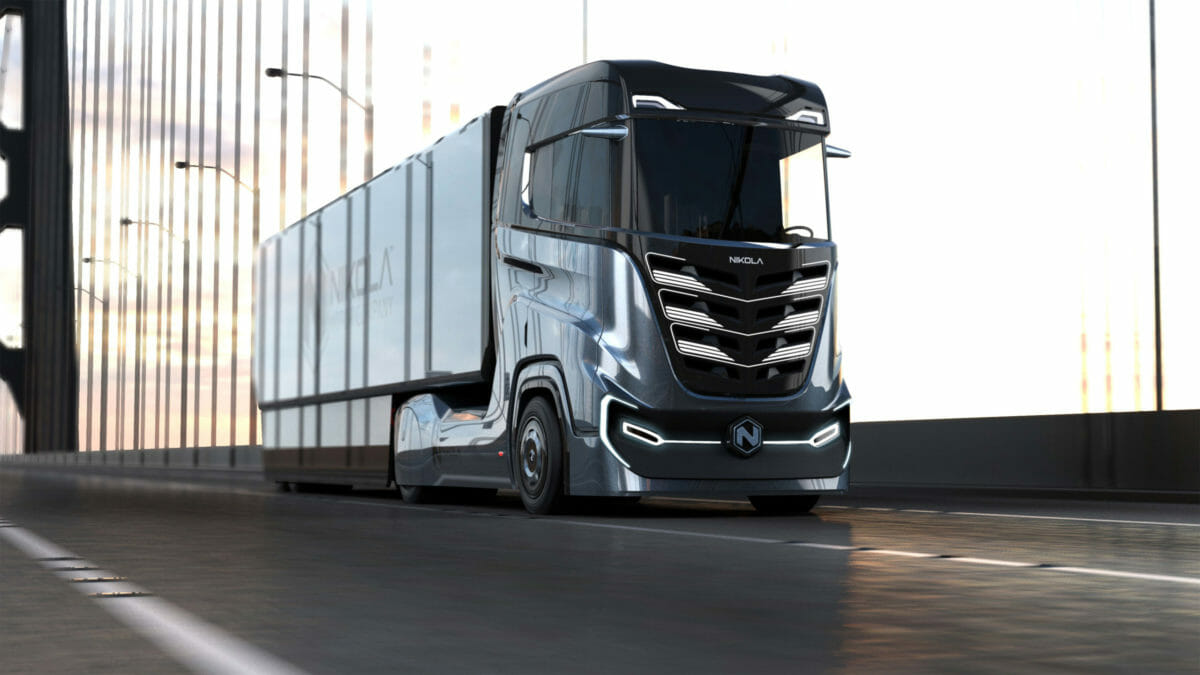Nikola Corporation, a new player in the market, has seen a positive beginning in trading.
When it comes to electric vehicles, Tesla is a household name that honors Nikola Tesla, the renowned electrical engineer. However, a brave move by a newer electric vehicle company has caught attention by adopting the second part of the famous inventor’s name: Nikola Corporation.
Nikola, much like Tesla, focuses on battery-electric and hydrogen-electric vehicles. Established in 2015, it remained a private company until recently. In March, Nikola announced a merger with VectoIQ, a company specializing in public acquisitions led by Stephen Girsky, the former vice chairman of General Motors. Following a successful merger, Nikola officially entered the stock exchange on June 4, with promising results.
During Monday’s trading session, the company’s stock value doubled, even surpassing Ford’s valuation of $29.9 billion at one point. This morning, the valuation spiked by an additional 20%, although market volatility caused the gains to retract to 10%. Nevertheless, this notable increase is impressive for such a new entrant in the market. A key factor in yesterday’s growth was the announcement made by the company’s CEO, Trevor Milton, regarding the reservation date for Nikola’s innovative Badger truck.
Reservations for the groundbreaking zero-emission Badger truck commence on June 29. Witness the @nikolamotor Badger in action at #nikolaworld2020 this year. Experience a fully operational truck with stamped metal panels, functional interior with HVAC, 4×4 capabilities, and more pic.twitter.com/SkY9zV0bbs
— Trevor Milton (@nikolatrevor) June 8, 2020
Despite the surge in its stock value, Nikola does not project profitability until at least 2021, a similar stance to Tesla. The investor interest in both companies despite this projection underscores the potential of electric and hydrogen-powered vehicles, as evidenced by the increasing value of hydrogen fuel cell companies like Plug Power and Bloom Energy. Nikola has ambitious goals ahead, aiming for a production of 30,000 fuel cell electric vehicle trucks by 2027.













































